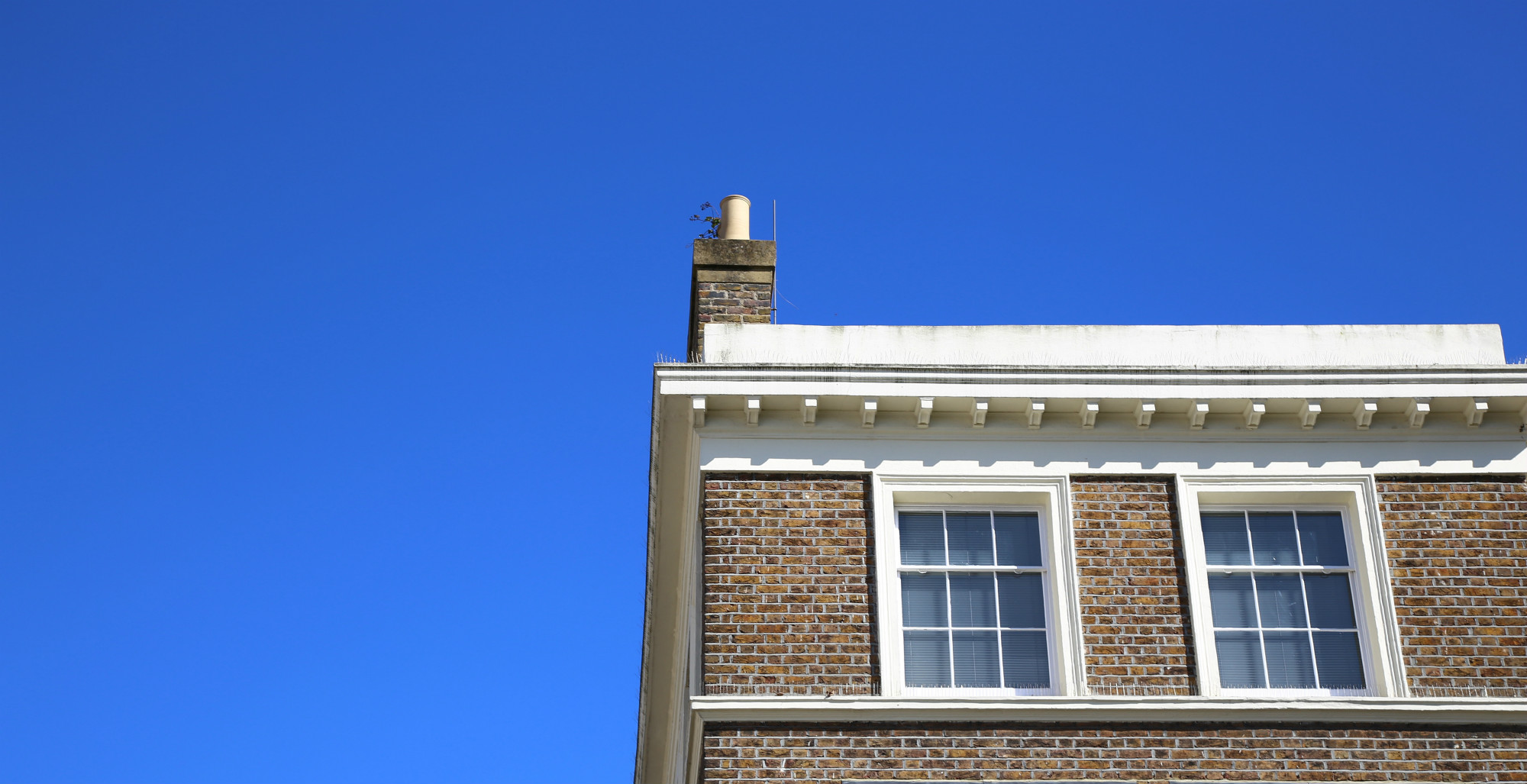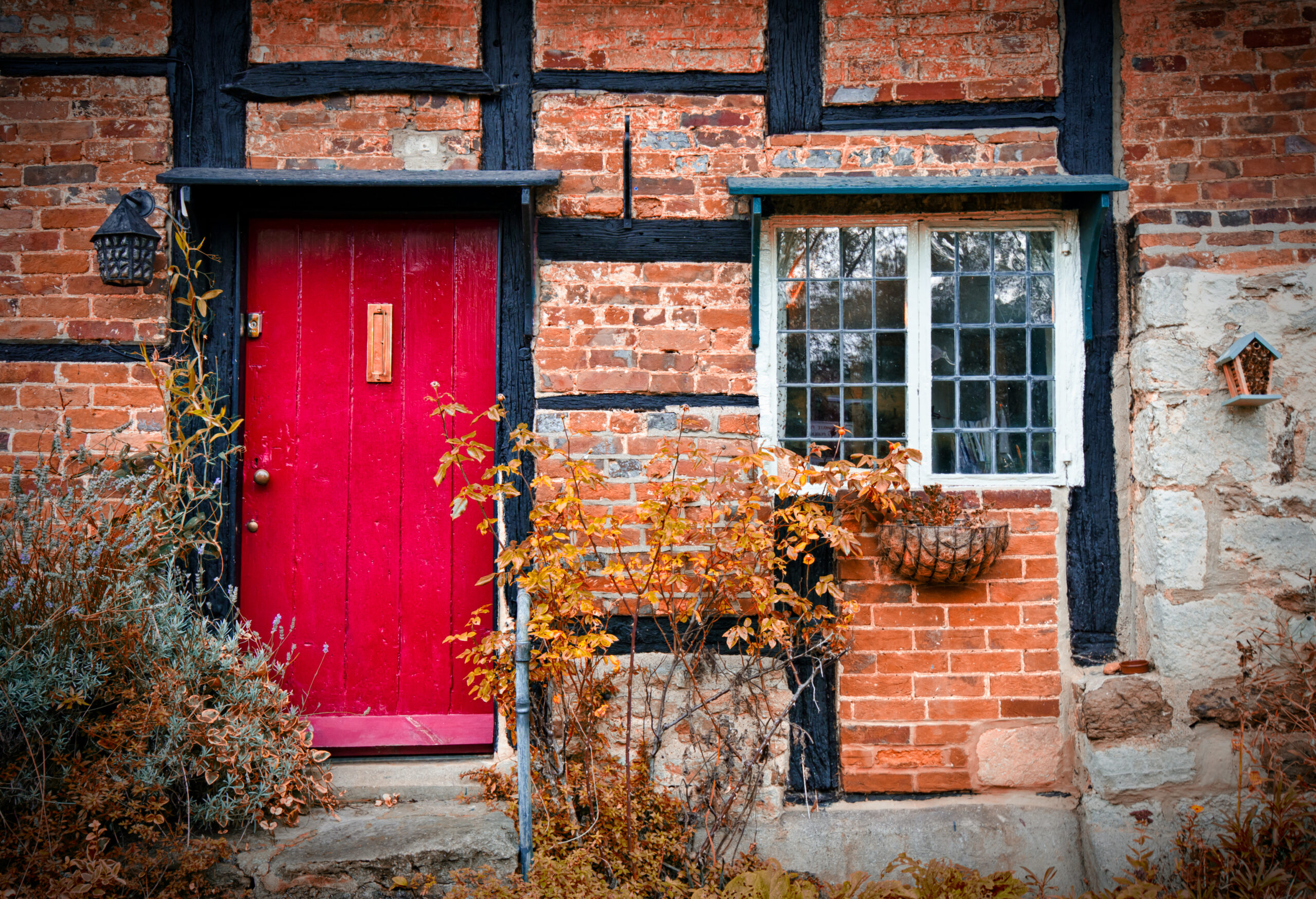For homebuyers seeking a blend of visual appeal and practicality, Arts and Crafts houses stand out as an exemplary...
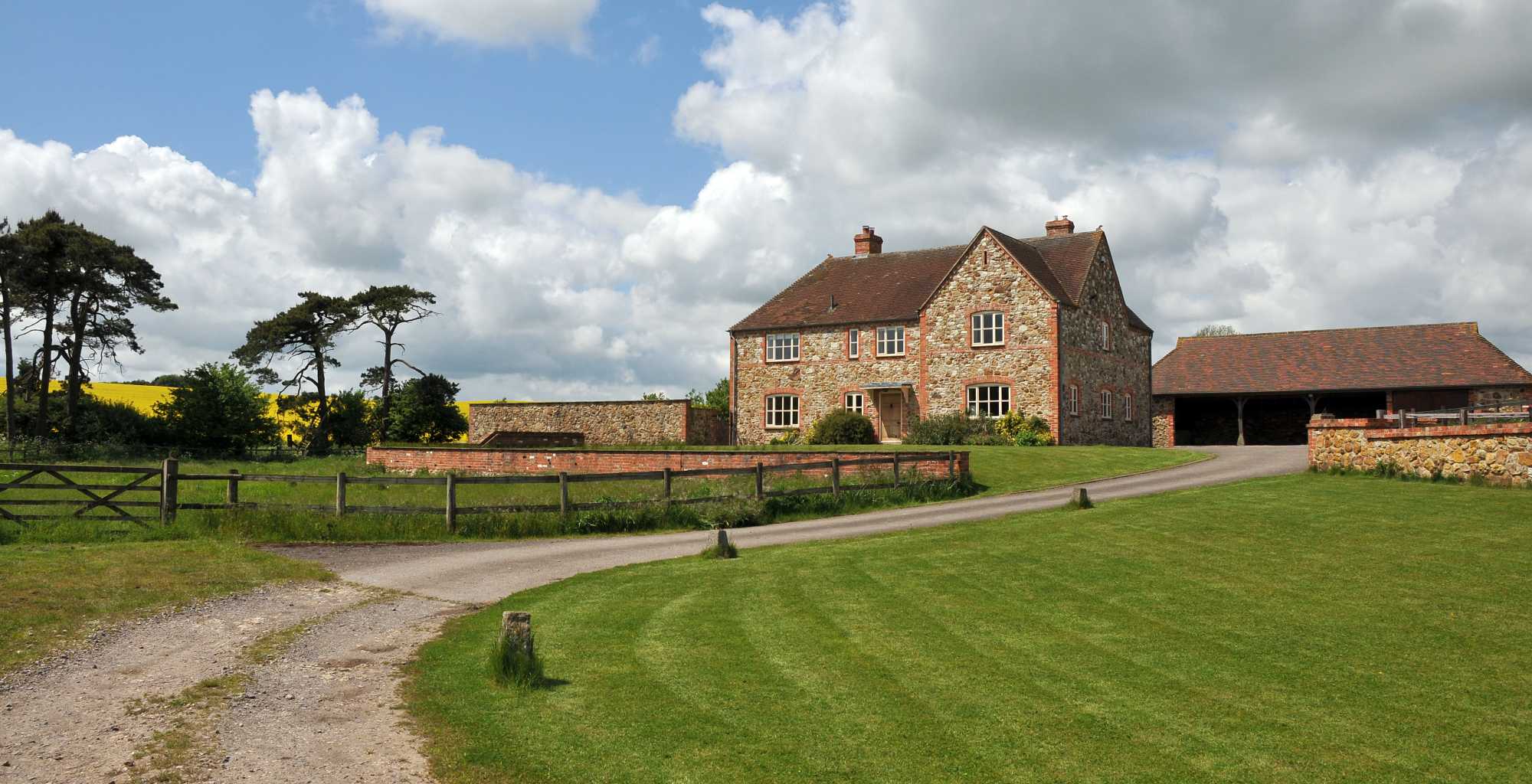
Property auctions – Tips for buying
Property auctions are becoming an increasingly popular way of buying a house.
Currently, because of coronavirus restrictions, auctions have to take place online, by live streaming, meaning you don’t even need to attend the saleroom but can bid from the comfort of your home or office.
This method of auction also removes some of the stress involved in being present in a saleroom, particularly if you’ve never purchased in this way before.
We run through the benefits of buying at auction and some top tips for successfully navigating the auction process.
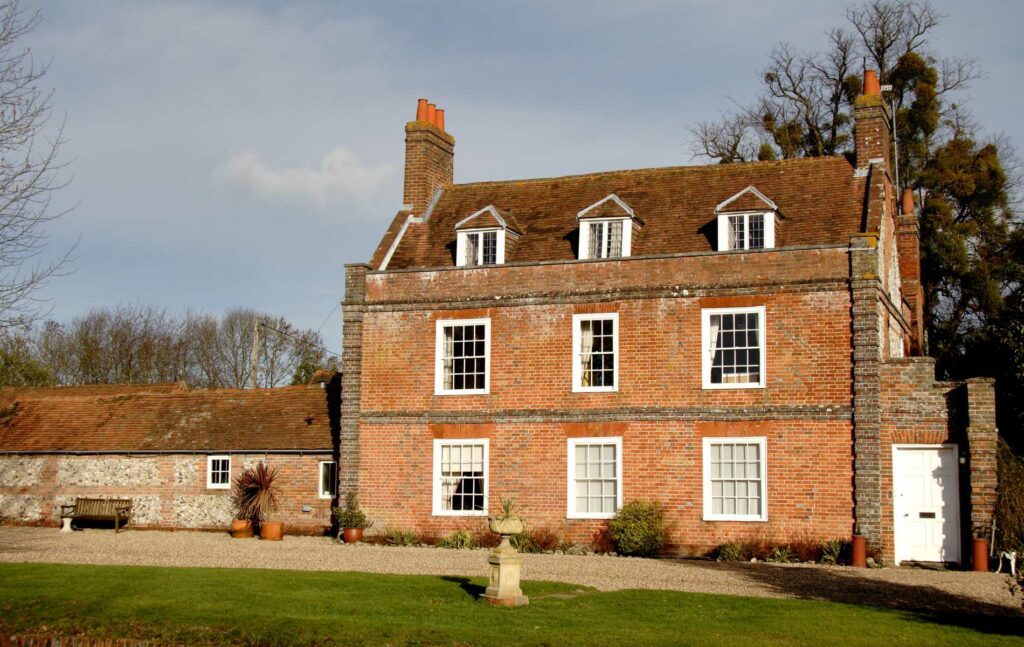
Benefits of buying at auction
The main benefit of buying at auction is the speed of the transaction; once the auctioneer’s hammer falls, you’ve bought the property in a legally binding contract.
Instead of months, a purchase at auction should only take a matter of days to complete. This reduces a lot of the stress and time involved in the usual method of buying a house.
So it’s worth considering buying at auction as it is a much simpler, quicker process.
Buying at auction is also transparent; you can see what other people are prepared to pay for a property.
There is no agonising chain to deal with that may fall apart and no vendor pulling out months after agreeing a deal.
When you buy at auction, there’s no risk of getting gazumped and there should be no nasty surprises down the line from a transaction perspective.
Buying at auction for investment purposes can be ideal, as with many of the houses, there is a real potential to add value.
Increasingly, rented properties are coming under the hammer without the need for vacant possession, again meaning a property being auctioned might make an ideal investment, as you can purchase a property which generates income straightaway.
Auctions are also a great way of finding something different, a quirky property, and Garrington is happy to do the research and hard work for you.
We can help ensure you know exactly what you are buying so you can bid with a higher degree of confidence.
Do your research
It’s important to understand the auction process fully and completely be prepared beforehand.
Garrington can undertake a comprehensive search in areas in which you want to buy, so you can see what may be available under the auction hammer.
We are happy to act on your behalf and talk to the relevant local property auctioneers to see what’s coming up and can aid you on the day of the sale.
Auctions are all about the speed of the process and houses can be entered into a sale at the last minute for all sorts of reasons.
To ensure you don’t miss out, it’s important to make the auctioneers aware of what you are looking for and where. Garrington can do this for you.

Wherever possible, view the property
Although auctions are fast becoming a more popular way of selling all kinds of homes, they traditionally suit those who need a quick sale and often homes that need work doing to them.
Therefore, it’s not ideal to purchase without viewing a house first and it’s worth taking along a surveyor and builder to see what work they think needs doing and the possible costs.
Auctions usually have a number of viewing days available prior to the sale, although most auction houses are happy to arrange to suit you.
Due diligence
If you are interested in buying a property in an auction, you should ideally arrange for a survey to be done beforehand.
This is not a legal requirement but recommended and needs to be done well in advance of the sale date.
Instruct a solicitor
You will need a solicitor in place before the auction who ideally will look over the legal pack made available by the auctioneer for the property.
The legal pack includes title documents, searches, special conditions of sale, and other related papers.
Read the small print
Be prepared by reading all the small print of the auction house itself, so you understand what payments need to be made when and leave nothing to chance or surprise on the day.
Again, Garrington can help undertake this for you.
Make sure any amendments to the sale conditions (an addendum) are made known to you, and also discuss with the auctioneer whether the vendor is open to selling prior to the sale.
Also find out what happens in the event of the reserve price not being met—is there an opportunity to buy the property privately after the sale, for example?
The reserve is not usually stated but is the minimum price a vendor will agree to sell at whereas the guide price is what the bidding starts at.

Check the auction house is regulated
There are no legal requirements for an auction house to be members of a membership association, but if they are registered with a body, such as NAVA, it gives you the peace of mind that you are dealing with professionals.
Make sure that the auction house is working to a set of guidelines and also covered by insurance in the unlikely event of something going wrong.
Have the funds ready
Buying through an auction is a much speedier process and there is usually only around a month between publication of catalogue and the sale itself.
You need to have the necessary funds available as you’ll usually have to put down a 10% deposit there and then.
There are two methods of property auctions:
- Traditional: The ‘traditional’, or unconditional method, means on the fall of the hammer, you will exchange contracts and pay a 10% deposit straight after the auction finishes. You’ll then have 28 days to complete.
- Modern/Conditional: With the ‘modern’ or conditional method, if you make a successful bid, you don’t have to exchange contracts immediately. Instead, you pay a fee to reserve the property, which is non-refundable if you pull out of the purchase. The reservation fee varies but will normally be a percentage of your bid. You then have 56 days after the auction date to exchange contracts and complete the purchase.
Understand the online process
Currently auction houses are having to conduct auctions by live streaming online so check you understand the process of making a bid online, as opposed to actually being in the saleroom.
You will need to have registered with the auction house beforehand and given them various information, including bank account details.
Consider the different ways you can make a bid: online, by phone or proxy, meaning someone else does it on your behalf, well before the day of the sale.
No backing out
Understand the ramifications of buying at auction—once the gavel falls, and you’ve won the bid, it is a legal contract and will cost you if you don’t carry out the purchase.
If you fail to go through with the purchase you will lose the deposit and can be liable for the costs of re-selling.
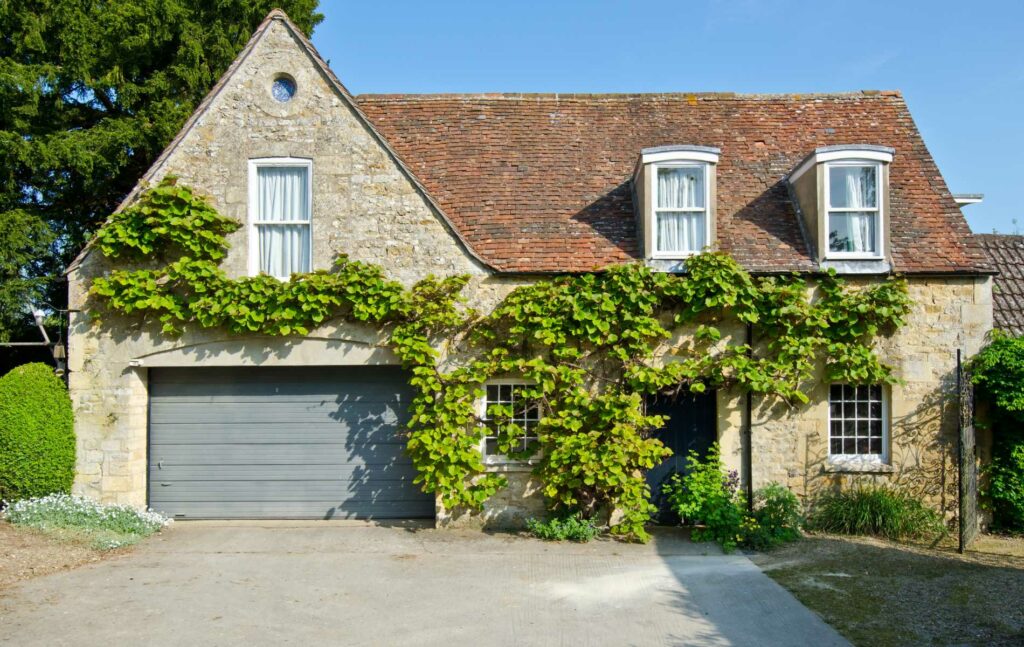
Set your budget
One of the benefits of buying at auction is that it’s possible to pay less depending on the interest in the property.
However, it is also easy to get carried away and pay more than you intended, so set a budget and try hard to stick to it.
An advantage of buying at auction is that it’s a transparent process; you can see what others are bidding rather than having to rely on an estate agent’s word.
Fees and commission
Don’t forget to factor in the auction house’s fees, usually higher than an estate agent’s commission, when setting your purchase price.
All this should be stated by an auction house in its terms and conditions.
Interested in property auctions?
Garrington can assist you with buying at auction in several ways.
Our property finders can research suitable properties going under the hammer in the area in which you wish to buy—so you can move quickly and with confidence.
We can also guide you through the auction process and ensure that you know exactly what you need to do to secure your dream home. Talk to one of our team to discuss your requirements today.

